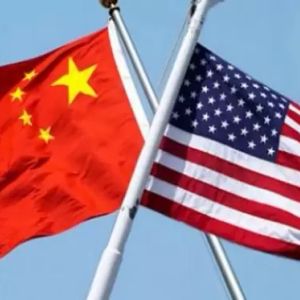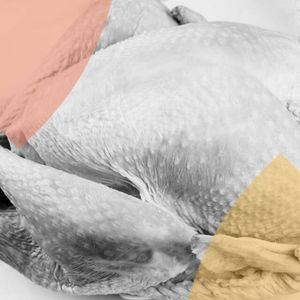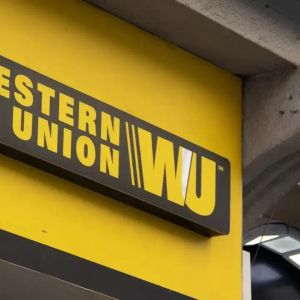HSBC reported a 14% drop in third-quarter profit, landing at $7.3 billion before tax for the three months ending September. The hit came largely from a $1.1 billion legal provision linked to the Bernard Madoff fraud case, dragging down what was otherwise a solid quarter in terms of interest and wealth income. Despite the profit dip, the bank still beat analyst expectations, with consensus figures compiled by HSBC putting profit forecasts at $5.98 billion and revenue at $17.05 billion. It came in above both. Operating expenses jumped 24% year-on-year, mainly due to the $1.4 billion in provisions, which included the Madoff-related payout. HSBC also confirmed that the $1.1 billion charge will cut into its Common Equity Tier 1 (CET1) capital ratio by 15 basis points. That ratio measures financial strength, and any hit matters. The lawsuit came from Herald Fund SPC, filed back in 2009, accusing HSBC’s Luxembourg branch of failing to protect assets lost in the Madoff scam. A recent court ruling rejected HSBC’s appeal on the securities portion but allowed the bank to contest the cash claims. HSBC now plans to appeal again in Luxembourg, and if it loses, will argue over the final sum in later court action. HSBC boosts NII and wealth income despite legal drag Despite the legal storm, HSBC’s net interest income (NII) for Q3 climbed 15% from a year ago to hit $8.8 billion. The bank also saw its wealth division income jump 30% year-on-year, totaling $2.68 billion for the quarter. The strong wealth performance came as HSBC leaned deeper into its fee-driven strategy. It now expects double-digit annual growth in fee and other income from the wealth segment over the medium term. For full-year 2025, HSBC said it’s aiming for banking NII of $43 billion or more, as it sees momentum from policy rates in key markets like the UK and Hong Kong. “The intent with which we are executing our strategy is reflected in our performance this quarter, despite taking legal provisions related to historical matters,” said Georges Elhedery, the bank’s Group CEO. There’s more. HSBC also announced this month that it plans to take Hang Seng Bank private, a move that values the subsidiary at over HK$290 billion ($37 billion). The non-performing loan ratio at Hang Seng hit 6.69% in H1 2025, driven by ongoing problems in the property sector. Elhedery described the privatization move as part of the bank’s long-term view on Hong Kong. Meanwhile, HSBC shares in Hong Kong rose 1.3%, shrugging off the Madoff provision. But the overhang from this 15-year-old fraud saga isn’t over yet. The legal fees are rising. The court battles aren’t done. And HSBC’s CET1 just got a little thinner. All of this comes at a time when the bank’s core performance is actually holding up. Q3 revenue came in at $17.8 billion, ahead of the $17.05 billion estimate. But with litigation costs biting harder than ever, investors will be watching the next quarter for signs of whether this legal bill is a one-off… or the start of something longer. If you're reading this, you’re already ahead. Stay there with our newsletter .
















